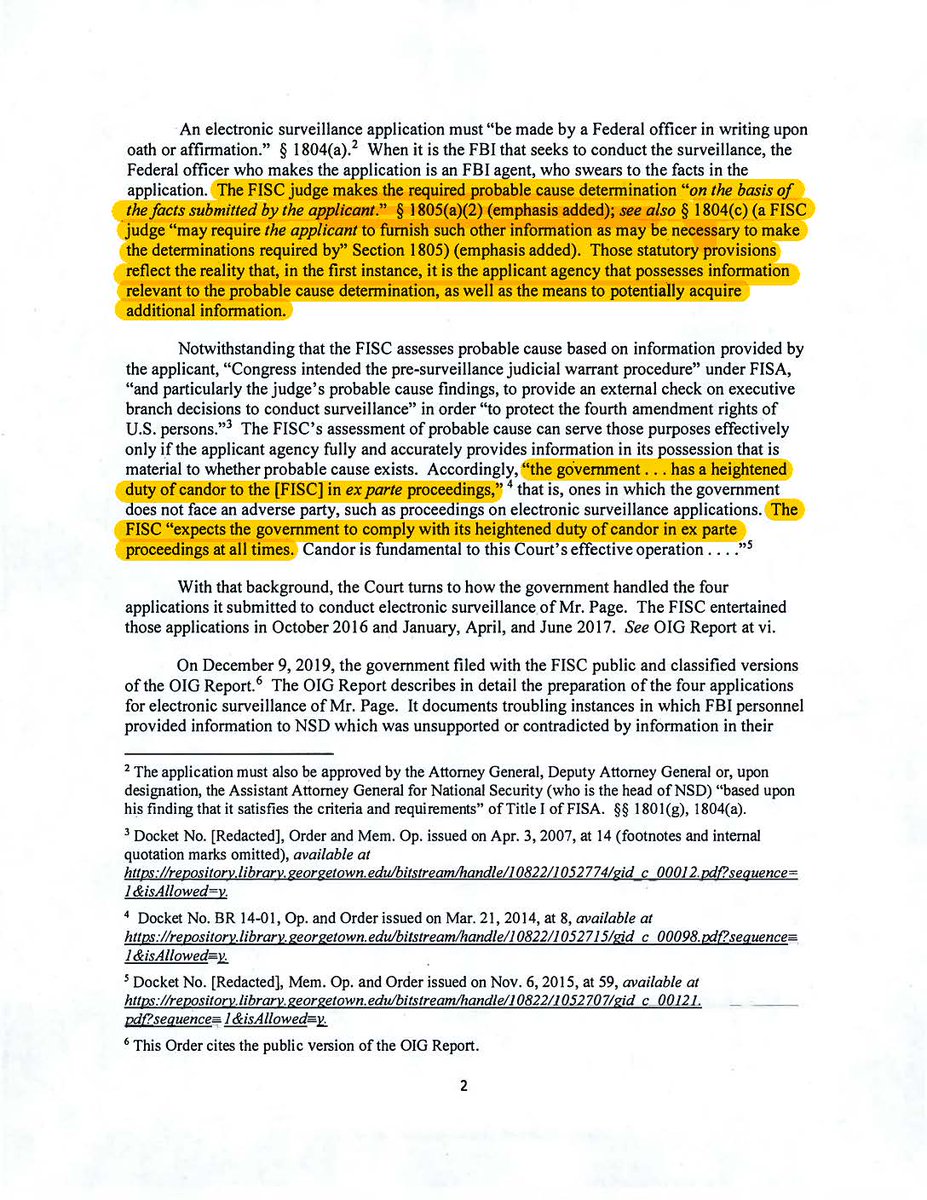The govt’s decision today not to charge him only applies to conduct described in the IG’s referral based on its April 13, 2018 report. He can still be investigated or charged for any other conduct (that isn’t barred by the statute of limitations.) /1
thefederalist.com/2018/12/19/the…
/22
int.nyt.com/data/documenth…
/31

























